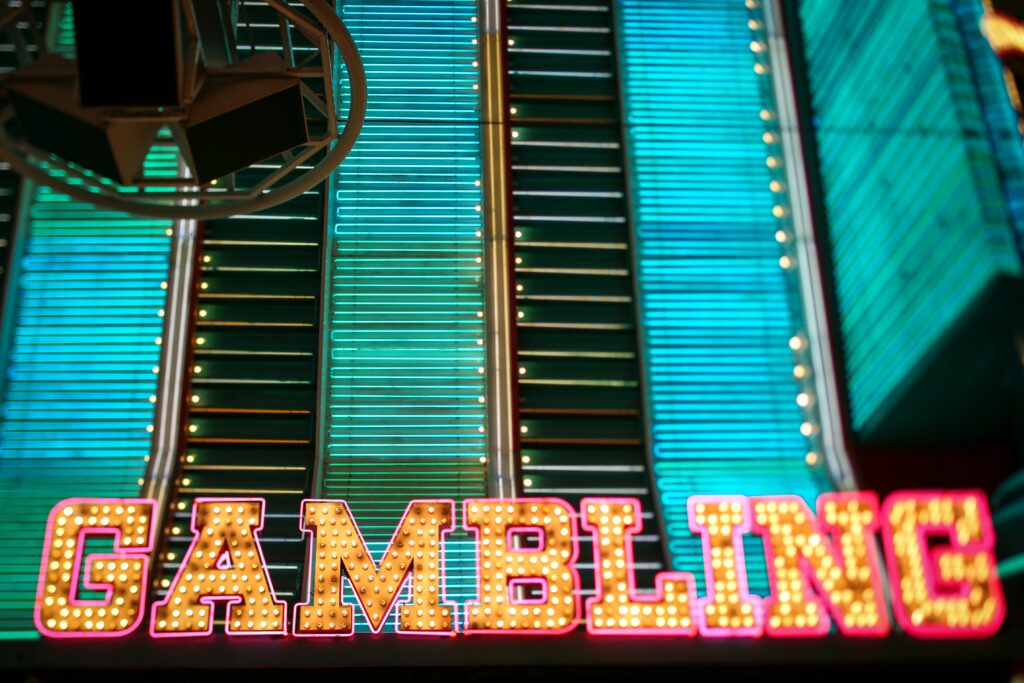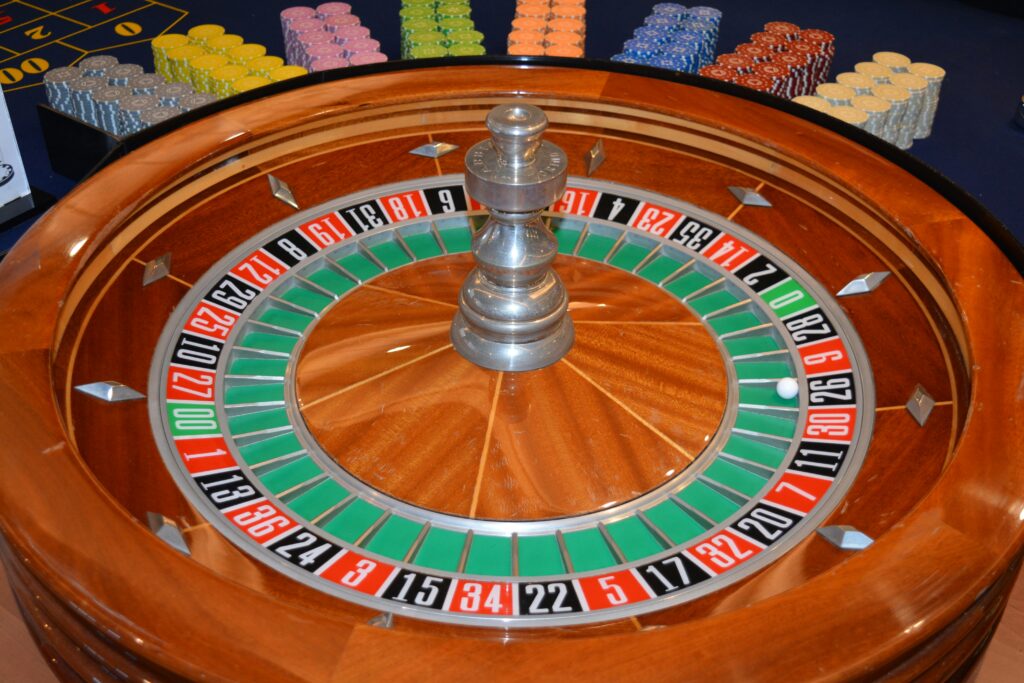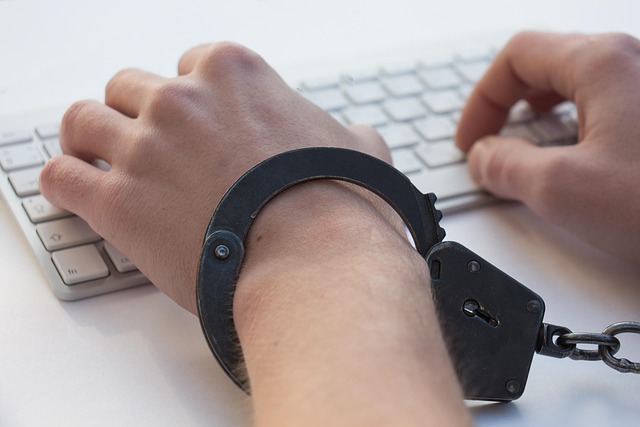Why This Matters
Gambling isn’t tucked away in smoky back rooms anymore. It’s on your phone, your laptop, your tablet—available instantly, 24/7. What used to be an occasional trip to the casino has morphed into an always-on digital habit. Apps are slick. Games are fast. And the dopamine hits are real.
For some, it stays casual. A few bets on a game, maybe a spin or two for fun. But for others, the line from entertainment to dependency is thin—and easy to cross without noticing. Time blurs. Spending creeps up. Control slips.
That’s why talking about this matters. Catching the early signs of problem gambling—before the debt piles up, before relationships fray—is the difference between a tough habit and a life-altering spiral. People don’t need judgment. They need clarity. This is about being aware, staying sharp, and knowing when something’s off.
What Is Problem Gambling?
Problem gambling isn’t just about losing money. It’s about losing control. What starts as a harmless way to unwind—placing a small bet on a game, spinning a virtual slot—can slip into something more obsessive. When gambling becomes less about fun and more about chasing a high or escaping life, that’s when recreation turns into compulsion.
There’s a big difference between casual play and at-risk behavior. A casual gambler sets a limit, sticks to it, and walks away. Someone at risk might keep playing even when the budget’s gone, hide their habits, or feel anxious when they’re not gambling. It doesn’t matter if it’s $5 or $5,000—the red flag isn’t how much you lose, but how you gamble. The pattern matters more than the number.
Recognizing this shift early is key. Compulsion builds quietly, starting with behaviors that feel normal—just a few extra bets, another spin—but escalate fast. And once that line is crossed, it’s hard to step back without help.
Early Red Flags to Watch
Recognizing the early signs of problem gambling can make all the difference. These red flags often appear subtly at first, but tend to escalate quickly if left unaddressed. Paying attention to these behavioral shifts can help you or someone you care about take action early.
Increasing Frequency and Amounts
- Betting more than intended: What starts as casual spending can spiral into betting larger amounts just to feel the same thrill.
- Gambling more often: You may find yourself seeking out opportunities to gamble even when it disrupts your daily routine or responsibilities.
Deception and Secrecy
- Lying to family or friends: Hiding gambling activity, downplaying losses, or avoiding conversations about money may be a way to protect the habit—but it also signals growing shame or denial.
Chasing Losses
- Riskier bets after a loss: Instead of walking away, you might chase the money you’ve lost by making increasingly reckless wagers. This not only increases financial risk but also fuels the emotional cycle of frustration and desperation.
Impact on Daily Life
- Neglecting basic needs: Gambling begins to take priority over essential activities such as sleeping, eating, or meeting work obligations. When gambling thoughts dominate your attention, it’s a clear warning that the behavior is shifting from habit to compulsion.
If these patterns feel familiar, it’s worth taking a closer look at your habits—or starting a gentle conversation with someone you’re concerned about. Early intervention is key to preventing deeper issues down the road.
Escalating Warning Signs
When problem gambling continues unchecked, the consequences begin to impact every corner of a person’s life. These warning signs are more serious and often signal deeper, more entrenched issues that require immediate attention.
Financial Desperation
It’s no longer just about losses. When someone starts using money they don’t have to continue gambling, it’s a red flag that dependency has taken hold.
- Borrowing money from friends or family with vague explanations
- Using credit cards, payday loans, or cash advances to place bets
- Stealing money or valuables to fund gambling sessions
Damaged Relationships and Neglected Duties
A growing obsession with gambling can overshadow commitments at home, work, or school.
- Ignoring important family occasions or skipping work
- Withdrawing from loved ones to hide gambling behavior
- Letting responsibilities slip, including childcare, bills, or work obligations
Emotional Fallout
The psychological weight of problem gambling often intensifies as control slips further away.
- Feeling anxious, irritable, or depressed when not gambling
- Guilt over money spent and time lost, yet unable to stop
- Mood swings tied to gambling outcomes or cravings
Failed Attempts to Cut Back
Many problem gamblers try to stop—but can’t. These repeated failures signal that gambling has moved from a habit to a compulsion.
- Making promises to stop, then returning to gambling soon after
- Feeling powerless to resist the urge to gamble despite consequences
- Doubting whether stopping is even possible
Recognizing these signs isn’t about shame—it’s about understanding when it’s time to reach for support. The sooner these behaviors are identified, the more options there are for recovery.
The Hidden Impact
Problem gambling doesn’t just stay on the screen or at the table. Its effects ripple out—quietly at first, then all at once.
Financially, it drags people under fast. Missed bills stack up, credit cards max out, savings vanish. Some turn to loans or risky side hustles just to keep gambling. It’s not always about big losses. It’s the repeated, mounting drain that does the damage.
Emotionally, the stress builds. People often withdraw, trying to manage the fallout in silence. Loneliness creeps in, made worse by guilt or shame. What used to be a way to blow off steam can become a full-time source of anxiety.
Socially, the cracks deepen. Partners stop trusting. Friendships fade. Lies pile up—where you were, what you spent, how often you’re playing. Close relationships take the hit, slowly eroding under the weight of secrecy and broken promises.
Mentally, it doesn’t happen in a vacuum. Gambling issues often overlap with depression, anxiety, or both. It’s a cycle: you gamble to escape, but it ends up feeding the same pressures you were trying to run from. That blend makes it hard to know what started first—but both need attention to heal.
This combination of impacts—money, emotions, relationships, and mental health—makes problem gambling tough to spot and harder to untangle. But recognizing that it’s not “just about the money” is step one to addressing the real damage underneath.
Risk Factors You Should Know
Some people are more vulnerable to the grip of problem gambling than others. It’s not always about personality—it’s often about circumstances. Easy access to online gambling platforms is a big one. You don’t need a casino anymore. Just a phone and a few minutes of privacy. With 24/7 availability and flashy apps built to keep users hooked, resisting the urge gets harder fast.
Then there’s social isolation. Living alone or having few solid support connections makes it easier for unhealthy habits to grow quietly. No one’s there to check in. No one notices when you disappear into your screen night after night.
Mental health plays a role too. Anxiety, depression, or unresolved trauma can make gambling feel like a quick escape—a way to feel something different, even if just for a while. That temporary relief can turn into dependency before you notice it’s happening.
Sudden financial hits or major life upheavals also set the stage. People facing job loss, divorce, or medical bills might turn to gambling chasing a fix, a win, a way out. But those high-stakes bets rarely deliver peace of mind. Instead, they often dig the hole deeper.
The point is: gambling problems rarely pop up out of nowhere. They thrive where stress, access, and vulnerability intersect. Knowing these risk factors can help you (or someone close to you) catch the signs early—and take control before things spiral.
What to Do If You Notice These Signs
Recognizing the signs of problem gambling is one thing—acting on them is another. Start with the basics: track your habits. Write down how much time and money you’re spending on gambling. Don’t guess. Be honest. Seeing the pattern in black and white can be a wake-up call.
Next, talk to someone. You don’t need a perfect speech—just open the door. Whether it’s a friend, a partner, or a professional counselor, saying the words out loud can take the pressure off. It also keeps you accountable.
Set hard boundaries. Not loose maybes—actual limits. Cap your spending. Use app blockers or site restrictions. Schedule time away from screens. If you wait to feel ready, it might never happen. Start with structure instead.
And when it feels too much, get help. Real help. There are support groups, licensed therapists, and helplines that specialize in problem gambling. You don’t have to figure it out alone—there’s backing out there built for this exact fight. Reach for it.
Supporting Someone Else
If you think someone close to you may be struggling with problem gambling, your approach matters. Start with empathy. Don’t come in swinging with blame or judgment—that shuts doors. Be human. Say what you’ve noticed and that you care.
More important than offering solutions is offering your ear. People don’t always need fixes. They need to feel heard. Let them talk. Resist the urge to lecture or direct, and listen without jumping to conclusions.
Encourage them to look at professional options—counseling, support groups, hotlines. Let them know they don’t have to figure this out alone, and you’re willing to walk with them while they get help. But also know your limits. You’re not their therapist.
Don’t enable the behavior. That means not cleaning up their messes, covering their debts, or helping them dodge consequences. Compassion doesn’t mean collapse. Real support is honest, measured, and centered on long-term well-being—not short-term comfort.
The Road to Recovery
Recovery from problem gambling doesn’t happen overnight. It’s not a moment—it’s a process. And it won’t always move in a straight line. Some days will feel like progress, others like a reset. That’s normal.
Setbacks aren’t failures. They’re part of the work. What matters is what happens next: being honest about the slip, reconnecting with your support system, and getting back to your routines. Shame can keep you stuck. Accountability helps you move forward.
Many people do regain control. Not by gutting it out alone, but by using the tools available—therapy, peer support, budgeting strategies, digital limits. It takes consistency, honesty with yourself and others, and a willingness to push through setbacks instead of hiding from them.
Recovery isn’t easy. But with the right mindset, and real support, it’s more than possible. It’s happening every day.
Take Action Now
If something feels off, don’t brush it aside. Problem gambling doesn’t announce itself with sirens. It starts with small habits—barely noticeable—then builds. Recognizing the signs early isn’t about judgment, it’s about getting ahead of the damage.
Reaching out doesn’t make you weak. It makes you smart. Whether you’re the one struggling or someone you care about is, silence only makes it worse. Talk to someone. Get it out in the open. That first conversation can cut the pressure in half.
And don’t try to do it all on your own. Information clears the fog, and support gives you traction. There are tools, people, and communities built for this exact challenge. Start by understanding what’s going on, then take simple, steady steps from there.
If you’re not sure where to begin, BetVlogHub has real-world guidance and resources that meet you where you are. No fluff. Just help.


 Stephenic brings sharp insights and forward-thinking ideas to BetVlogHub. With a strong background in technology and digital trends, he focuses on merging innovation with betting analysis to deliver engaging and data-driven content for readers worldwide.
Stephenic brings sharp insights and forward-thinking ideas to BetVlogHub. With a strong background in technology and digital trends, he focuses on merging innovation with betting analysis to deliver engaging and data-driven content for readers worldwide.

